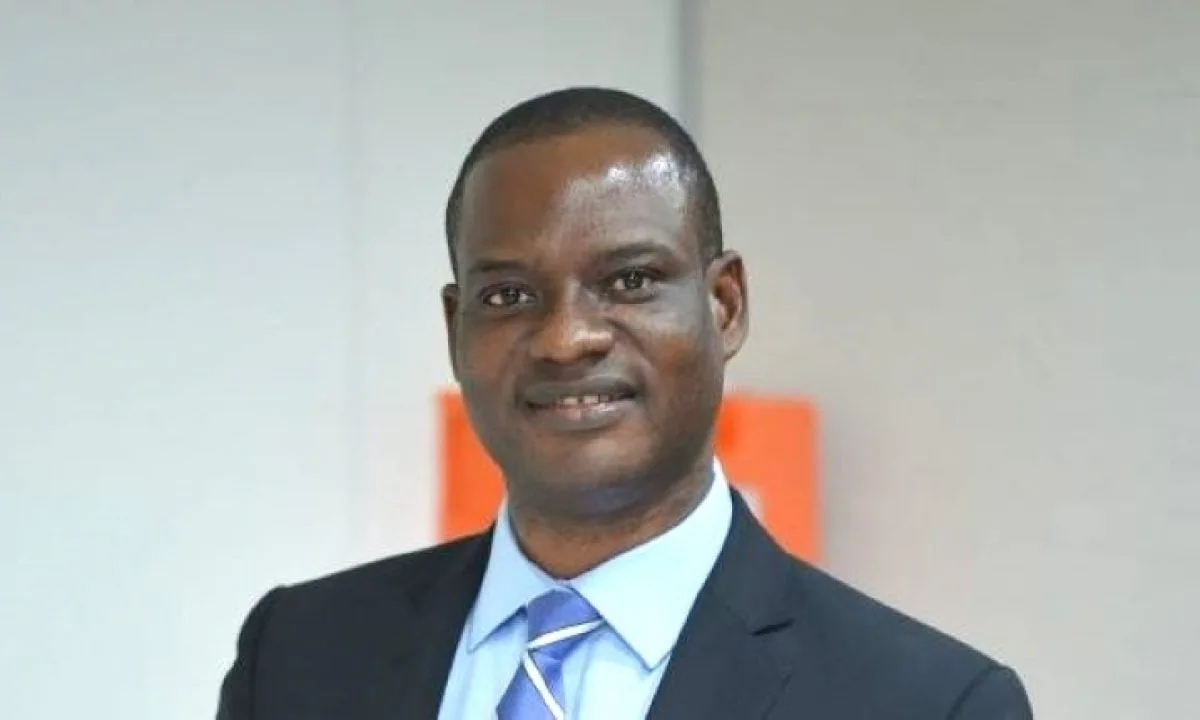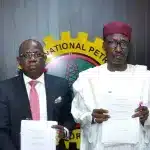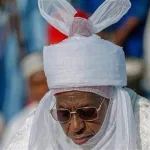Nigeria Must Shift Away from Taxing the Poor
The Chairman of the Presidential Fiscal Policy and Tax Reforms Committee, Taiwo Oyedele, has issued a stern warning: Nigeria will not achieve wealth by taxing the poorest citizens.
Speaking at the Integrated National Financing Framework Core Working Group Retreat held in Lagos, Oyedele highlighted the imbalance in Nigeria’s tax system, which burdens the most vulnerable while allowing wealthier individuals and politicians to evade taxes.
Join our WhatsApp Channel“Our revenue percentage is embarrassingly low because we mostly collect taxes from the vulnerable people, and we allow the upper middle class, the elite, and the politicians to evade tax,” said Oyedele. “We cannot continue like that anymore.”
The Overburdened Poor in Nigeria
Oyedele criticised the multiple taxes imposed on those least able to afford them, from street vendors to small market traders. He explained that these individuals, despite struggling to meet basic needs, are required to pay several levies daily.
“Go on the street and see the vulcaniser, the pure water seller, and the market trader associations, they pay about six to seven levies every day,” he said. “It can’t make sense. We can’t become a wealthy country by taxing poverty.”
He also pointed to the flawed personal income tax (PIT) system, where individuals earning as little as 30,000 Naira are taxed. “You can’t survive even if you’re living alone. Why should you pay tax?” he asked, referencing the difficult living conditions of low-income earners. “In some countries, people in such conditions are credited to help meet their basic needs.”
Nigeria Needs Tax Reforms
Oyedele revealed that changes are in the works to correct the current tax system. He emphasised the need for tax reforms that would target wealthy individuals and politicians who currently evade taxes, ensuring that revenue generation becomes more balanced and fair.
“The vulnerable people are overtaxed in Nigeria. This cannot continue if we want to see real economic growth,” he added.
READ ALSO: Nigerian Laments As Naira Falls By 769% Against Canadian Dollar In 10 Years
Global Credit Ratings and Nigeria’s Economic Challenges
At the same retreat, other experts weighed in on Nigeria’s economic struggles. Dr. Tony Muhumuza, Senior Economic Advisor for the United Nations Development Programme, highlighted the issue of global credit ratings. He noted that the failure of credit rating agencies to consider African countries’ unique challenges often results in unfairly low ratings for countries like Nigeria.
Muhumuza explained that Africa faces much higher interest rates than Western nations, despite many African countries demonstrating the ability to repay loans. “87% of African countries are rated junk status compared to 19% in Western Europe,” he said, stressing that this discrepancy hampers Africa’s access to affordable loans.
He continued, “African nations could do better if given fair credit ratings. This would make them eligible for high borrowing and enable them to meet debt obligations.”
Leveraging Financial Markets for Nigeria’s Sustainable Growth
Adding to the discussion, Jude Chiemeka, Chief Executive Officer of the Nigerian Exchange Group Plc, outlined ways the financial market can be harnessed to finance Nigeria’s Sustainable Development Goals (SDGs). He mentioned several financial instruments available in Nigeria that could drive economic development, including green bonds, infrastructure funds, and social bonds.
“The role the financial market can play is providing finance through the issuance of green bonds,” Chiemeka stated. These bonds could help fund projects aimed at addressing Nigeria’s pressing social and environmental challenges.
According to Chiemeka, proper financial market engagement could generate much-needed capital for critical projects that benefit all Nigerians.
Nigeria’s Path Forward
As Nigeria grapples with its economic realities, experts like Oyedele are calling for an overhaul of the tax system that stops punishing the poor. The focus must shift to those who can afford to pay their fair share. Likewise, efforts must continue to engage global financial markets to boost Nigeria’s credit standing and economic growth. Through these measures, the country can pave a clearer path to wealth and sustainability.
Emmanuel Ochayi is a journalist. He is a graduate of the University of Lagos, School of first choice and the nations pride. Emmanuel is keen on exploring writing angles in different areas, including Business, climate change, politics, Education, and others.
- Emmanuel Ochayihttps://www.primebusiness.africa/author/ochayi/
- Emmanuel Ochayihttps://www.primebusiness.africa/author/ochayi/
- Emmanuel Ochayihttps://www.primebusiness.africa/author/ochayi/
- Emmanuel Ochayihttps://www.primebusiness.africa/author/ochayi/



















Follow Us